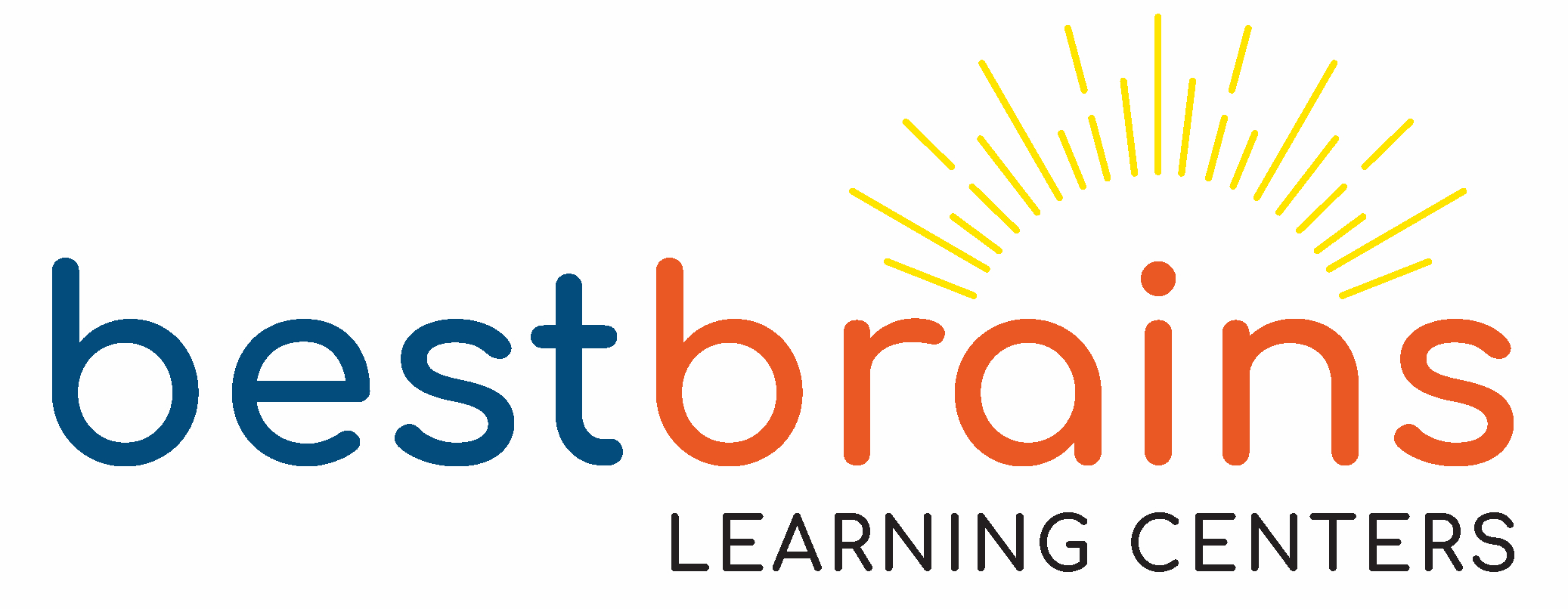

Join us for a fun, engaging, and educational summer at Best Brains Phoenix North! Our camp is designed for kids ages 5–14 and combines learning with creativity, games, and life skills—all in a safe, supportive environment. Campers are thoughtfully divided into two age groups: 5–8 and 9–14, with activities tailored to each group's developmental stage. Each week features exciting educational themes like STEM, Creative Writing, Public Speaking, Entrepreneurship, AI, Math, and more. Kids enjoy a full day of structured activities including:
🧘 Morning yoga & mindfulness
🧠 Themed learning sessions
🎲 Games, puzzles, and challenges~
🖍️ Art, building, and hands-on creativity
💬 Life skills, gratitude, and confidence-building
5-Day Brain Boost Plan
Monday
Tuesday
Wednesday
Thursday
Friday
Focus: Story structure + transition words + strong verbs
Objective: Understand story basics and write vivid sentences with flow.
Activities:
Takeaway:
Kids build sentence-level confidence and story structure awareness.
Focus: Character building + Hero's Triangle
Objective: Develop a compelling main character with a clear arc.
Activities:
Writing Time:
Begin writing the opening scene of your story — introduce hero, setting, and goal.
Focus: Drafting the full story
Objective: Begin and complete a rough draft using the story map and tools from Days 1–2.
Activities:
Goal:
Complete the first full draft of their short story by the end of the day.
Focus: Revision techniques + story polishing
Objective: Strengthen writing through focused editing.
Activities:
Writing Time:
Work on second draft of story, applying feedback and revision notes.
Focus: Final drafts + reflection + sharing
Objective: Publish and present their story with confidence.
Activities:
ScratchJr Storytelling & Coding
Course Objectives:
Day 1: Let's Tell a Story! 🎯
Day 2: Building the World 🎯
Day 3: Let's Add Drama! 🎯
Day 4: Final Project Day – Create Your Play! 🎯
Day 5: Show Time! 🎯
🎤 Public Speaking Week – Ages 9–14
Presented by Best Brains Phoenix North
Confident Voices Start Here
This 1-week intensive is designed to build strong, confident speakers through engaging, Toastmasters-style training. Students will gain the tools to express ideas clearly, organize speeches, and speak with poise in front of others—all while having fun.
🧠 What They'll Learn:
🎲 Key Activities:
🏆 Showcase Friday
Campers will present a short speech at the end-of-week showcase
5-Day STEAM Exploration Camp
Day 1: Advanced Biology & Chemistry
🧠✨ AI & Entrepreneurship Week
Monday
Tuesday
Wednesday
Thursday
Friday
| Time | Activity |
|---|---|
| 8:00 – 9:00 AM | Free play: coloring, puzzles, brain games |
| 9:00 – 9:30 AM | Simple yoga and stretching exercises |
| 9:30 – 10:00 AM | Snack time and simple word games |
| 10:00 – 11:30 AM | Morning learning activities |
| 11:30 – 12:00 PM | Fun educational games |
| 12:00 – 12:30 PM | Lunch (brought from home) |
| 12:30 – 2:00 PM | Afternoon activities and games |
| 2:00 – 2:30 PM | Simple board games and activities |
| 2:30 – 3:00 PM | Creative art and building activities |
5-Day Brain Boost Plan
Monday
Tuesday
Wednesday
Thursday
Friday
Focus: Story structure + transition words + strong verbs
Objective: Understand story basics and write vivid sentences with flow.
Activities:
Takeaway:
Kids build sentence-level confidence and story structure awareness.
Focus: Character building + Hero's Triangle
Objective: Develop a compelling main character with a clear arc.
Activities:
Writing Time:
Begin writing the opening scene of your story — introduce hero, setting, and goal.
Focus: Drafting the full story
Objective: Begin and complete a rough draft using the story map and tools from Days 1–2.
Activities:
Goal:
Complete the first full draft of their short story by the end of the day.
Focus: Revision techniques + story polishing
Objective: Strengthen writing through focused editing.
Activities:
Writing Time:
Work on second draft of story, applying feedback and revision notes.
Focus: Final drafts + reflection + sharing
Objective: Publish and present their story with confidence.
Activities:
Unity Game Development Workshop
Day 1: Introduction to Unity and Game Design Basics
Day 2: Building the Game Environment
Day 3: Player Movement and Interaction
Day 4: Game Mechanics and Enemy AI
Day 5: Polishing and Publishing
Additional Tips:
Week 4 – Public Speaking Week 🎤
Objective: Build confidence in public speaking and presentation skills.
Purpose: Develop effective communication and self-expression abilities.
Daily Highlights:
Monday: Speech basics + Voice exercises
Tuesday: Body language + Presentation skills
Wednesday: Storytelling + Speech writing
Thursday: Practice sessions + Peer feedback
Friday: Final presentations + Celebration
Week 5 – STEAM Explorers Week 🔬
Objective: Explore science, technology, engineering, art, and math through hands-on experiments and activities.
Purpose: Foster curiosity, critical thinking, and problem-solving through interactive STEAM experiences.
Daily Highlights:
Monday: Biology & Chemistry fun + DNA extraction
Tuesday: States of matter + Chemistry experiments
Wednesday: Astronomy day + Solar system exploration
Thursday: Physics adventures + Motion experiments
Friday: Engineering challenges + Tower building
AI-Powered Business Creation Workshop
Course Objectives:
Day 1: Understanding AI + Business Ideation
Day 2: Branding & Visual Identity with AI
Day 3: Build Your Online Presence
Day 4: Create AI-Powered Marketing Content
Day 5: Pitch, Launch, and Reflect
Final Deliverables:
| Time | Activity |
|---|---|
| 8:00 – 9:00 AM | Advanced puzzles and strategic games |
| 9:00 – 9:30 AM | Advanced yoga and mindfulness exercises |
| 9:30 – 10:00 AM | Snack + Advanced word challenges and discussions |
| 10:00 – 11:30 AM | Advanced learning sessions and projects |
| 11:30 – 12:00 PM | Advanced trivia and educational challenges |
| 12:00 – 12:30 PM | Lunch (brought from home) |
| 12:30 – 2:00 PM | Advanced projects and team activities |
| 2:00 – 2:30 PM | Advanced board games and strategy challenges |
| 2:30 – 3:00 PM | Advanced creative projects and presentations |